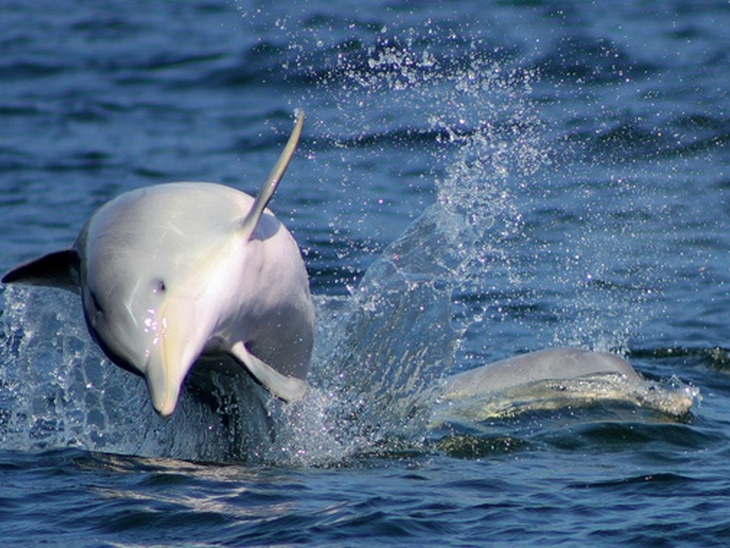
 Sustainability
Sustainability
T&B Petroleum/Petrobras Agency

This Wednesday (10/6), Petrobras will release the 2019 Sustainability Report, which includes initiatives to decarbonize the company's operations, with goals and actions to reduce CO2 emissions and increase carbon capture . This year, the document, which presents Petrobras' operational, economic, social, environmental and governance performance, also includes data referring to the first months of 2020, especially with regard to the consequences of the Covid-19 pandemic for the company and the oil industry. The report contains actions focused on the prevention and health of workers, in addition to donations to society and a broad scientific front of support for the development of solutions to combat the coronavirus.
Of the 10 Sustainability Commitments established by the company and described in the report, six are focused on carbon. In this context, in the E&P segment, the carbon intensity in the last 10 years has been reduced by more than 40%, which means less emission per barrel of equivalent oil produced, placing Petrobras in second place among the large companies in the sector that least emit in the world. The report also presents data on the reduction of flare gas burning, CO2 reinjection and energy efficiency gains, among others.
Regarding the protection of biodiversity, the company informs that, in addition to carrying out environmental characterization studies in the areas where it operates, in 2019 it supported 23 projects responsible for the protection of 56 fauna species threatened with extinction. The value of investments in socio-environmental projects was R $ 116 million - about R $ 29 million more than in 2018.
The total volume of water reuse was 82.2 million m³, which corresponds to 34.4% of the total demand for fresh water by the company. This reused volume would be enough to supply a city with 1.5 million inhabitants, such as Porto Alegre (RS), for example, for a year. Based on these reuse actions, the annual savings are estimated at approximately R $ 35.8 million.
The report was developed following the Global Reporting Initiative (GRI Standards) sustainability reporting methodology and, in addition, the Ipieca Oil and Gas Industry Guide for Voluntary Reporting, which is the global association of the oil and gas industry for performance environmental and social.
The methodological indicators were correlated with the Global Compact Principles and with the United Nations' Sustainable Development Goals (SDGs).
Contact us